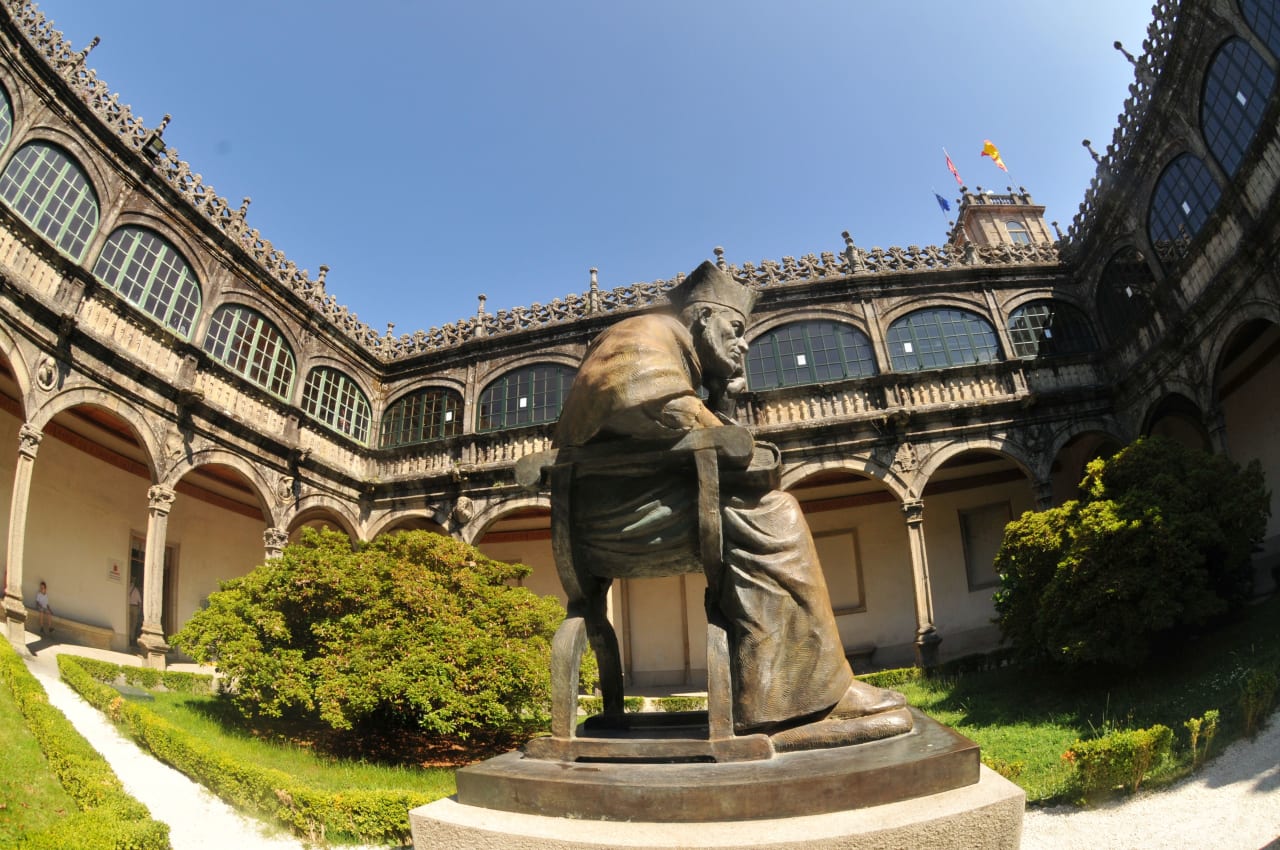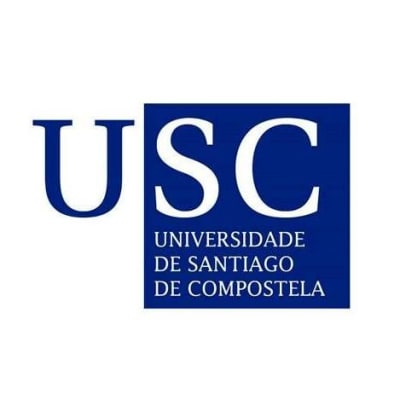
Doctorate in Materials Science
Universidade Santiago de Compostela

Key Information
Campus location
Santiago de Compostela, Spain
Languages
Spanish, Galician
Study format
On-Campus
Duration
3 years
Pace
Full time
Tuition fees
EUR 200 / per year
Application deadline
Request info
Earliest start date
Oct 2024
Introduction
The Doctoral Program in Materials Sciences arises with the aim of providing the industrial and R & D & I sector with highly qualified professionals in this emerging and interdisciplinary area capable of solving the problems that are formulated in the new and increasingly economically important fields of electronic materials, functional materials, biomaterials and nanomaterials.
The Program aims to cover the need for specialists in Materials Science researchers who can exercise their research role in the field of design, characterization and application of new materials, or in the search for new applications of existing materials, and allow the transfer and putting into service of the knowledge generated to society.
Lines of investigation
- Ceramics and industrial materials
- Study of nanostructured materials using theoretical models and computer simulation techniques
- Theoretical, experimental and computational study of soft materials and characterization of their physical-chemical and structural properties (simple liquids, complex charged fluids...)
- Physics of solid and liquid surfaces. Physical properties, friction and wear
- Design and characterization of nanostructured materials and nanocomposites for biomedical, catalytic and electro-optical applications
- Supramolecular self-assembled systems: Obtaining, characterization, properties and applications
- Correlated electronic systems: superconductivity and spintronics
Gallery
Ideal Students
a) To access the Doctorate Program in Material Sciences, without training complements, students must prove minimum prior training in some or all of the following contents:
- Theoretical-experimental knowledge of obtaining, characterization and determination of the properties of various types of materials.
- The various techniques for obtaining, preparation, processing, characterization and analysis (theoretical and/or experimental) of the properties of the various types of materials.
- The application of materials in current technologies.
- Basic knowledge of the methodologies and tools necessary to develop R&D&I tasks in the field of Materials Science.
b) Students who completed any of the following Master's Degrees will also be able to access: Materials Science and Technology, Colloid and Interface Science and Technology, Renewable Energies, Mathematical Engineering, Nuclear and Particle Physics and their Technological and Medical Applications, Photonics and Medical Technologies. Laser, Advanced Chemistry, Organic Chemistry, Theoretical Chemistry and Computational Modeling and Students of other Master's Degrees linked to the area of Materials Science.
c) Access will also be possible for students who accredit the research proficiency of a Doctoral Program in Subject Science, Physics or Chemistry (and their specialties) and those who had obtained the DEA degree through the old Doctoral Programs in Matter Science, Matter Science and Technology, Applied Physics, Nuclear Physics and Nonlinear Dynamics, Science and Technology of Colloids and Interfaces, Chemical Science and Technology, Mathematical Methods and Numerical Simulation in Engineering and Applied Sciences, Renewable Energies and Energy Sustainability, Photonics and Laser Technologies and Nuclear and Particle Physics.
d) Students who completed other master's degrees whose content is not related to the Doctoral Program at USC (for example, Master in Biotechnology, Master in Biomedical Research, Master in Research and Development of Medicines, among others), may have access to the Program of Doctorate in Material Sciences with the condition of taking some training complements that must be specified for each student by the CAPD.
e) Lastly, and in the case of other types of profiles different from the previous ones, the Academic Committee will individually evaluate each case considering the possibility of requiring additional training. In the case of other profiles that have not completed a Master's degree, an equivalence of training in research credits will be required, at least equal to those of the Master's degrees that give direct access, which will be 12 ECTS.
Admissions
Curriculum
Formation activities
- Orientation day for new doctoral students E1041A01
- Participation in conferences/conferences and presentation of communications E1041A02
- Publication of scientific research works (articles and/or book chapters) E1041A03
- Development of conferences and training seminars in materials science E1041A04
- Participation in training courses/summer schools on basic and applied research in materials science or related fields E1041A05
- Participation in R&D&I management and valorization and technology transfer courses E1041A06
- Development of scientific exchange workshops among doctoral students (PhD-Meet) E1041A07
- Carrying out research stays in other national and/or foreign laboratories E1041A08
Training complements
- Organic Materials and Nanotechnology P1191207
- Nature of materials E1041F01
- Mechanical and thermal properties of materials E1041F02
- Electrical, magnetic and optical properties of materials E1041F03
- Experimental techniques for the characterization of materials E1041F04
Program Outcome
The Doctorate Program in Materials Science arises with the objective of providing the industrial and R&D&I sector with highly qualified professionals in this emerging and interdisciplinary area capable of solving problems that arise not only in the classic field of structural materials (traditional niche) but also in the new and increasingly economically important fields of electronic materials, functional materials, biomaterials and nanomaterials.
This demand cannot be answered with traditional teachings; This transformation requires the solid interdisciplinary scientific background and the high specialization that is intended to be given to the Doctor in Materials Science.
Thus, it is intended to cover the need for researchers who are specialists in Materials Science who can carry out their research work in the field of design, characterization and application of new materials, or in the search for new applications of already existing materials, and allow the transfer and putting into service of the knowledge generated to society.